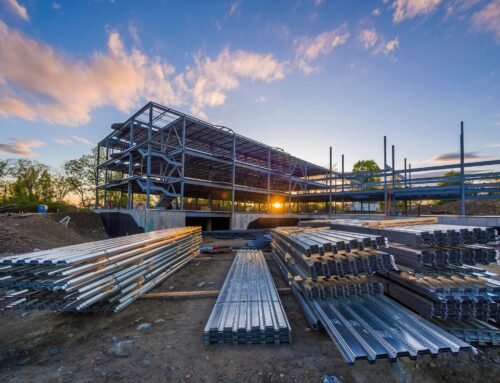SAP calculations perform a vital role in the design of residential
developments, conversions and some extensions in the UK and are essential for
passing Building Regulations.
Aside from it being a legal requirement, however, this post
aims to uncover further reasons why SAP calculations are so important.
Read on to find out more…
SAP Calculations And Building Regulations
Since 1995, a SAP rating has been required for all new homes
under Part L of the Building Regulations. Current building regulations state
that home builders will need to gain a ‘pass’ on their SAP calculation, and
without it, building control won’t sign off the development.
If Building Control doesn’t sign off the development, the
property may not legally be listed for rent or sale.
SAP Calculations Are Crucial Way Before Project Completion
We strongly advise you hire the services of an experienced
SAP assessor during the early phase of your built project. This will shape the
energy performance and consumption. A SAP Assessor during the design stage will
ensure SAP compliance, and most importantly, reduce the number of surprises further
down the line.
Getting a SAP assessor way before project completion will
allow them to work alongside the designer or architect, ensuring the accurate
prediction of the running costs of the home.
Enabling Climate Action Through SAP Solutions
Of course, SAP calculations help reduce carbon outputs and contribute
to our goals for sustainable developments. Using digitalisation, SAPs can help
to combat the damage caused by climate change.
To quote SAP Chief Sustainability Officer, Daniel Schmid,
“SAP’s key lever is our product portfolio, with which we enable customers to
create positive economic, environmental, and social impacts. If we look at our
broad reach, the potential for us to make a difference could be enormous.”
SAPs Inform the EPC
A SAP rating broadcasts the energy performance of the
property, which in turn informs the Energy Performance Certificate (EPC). The
EPC is what all buyers and tenants see.
A pass is gained by meeting compliance targets around:
- The fabric and how well it contains heat
- Solar gain
- Quality of construction and commissioning of
systems - Predicted CO2 emissions from the dwelling
SAP Calculations are Important For Extensions & Conversions
For extensions, a SAP calculation will depend on how much
glazing is incorporated. If the new glazing exceeds 25% of the total floor area
of the new extension, then you’ll need to get a SAP calculation carried out.
As homeowners prefer to build extensions that let in a lot
of light, SAP calculations are common in extensions.
For conversions, SAP calculations are only required if the
conversion results in a ‘Material Change of Use’ or a ‘Change of Energy
Status’.
A material change of use refers to a property that is
changing its purpose for which the building is used. For example, converting a dwelling
into flats.
A change in energy status refers to buildings or spaces that
have not previously been heated but have changed to be heated.
If either or both of these changes occur, then you will need
to get SAP calculations for your conversion.
Conclusion
To summarise, SAP calculations are important due to a number
of factors. For example:
- To comply with building regulations
- To help inform the designers’/architect’s
practices - To reduce CO2 emissions and carbon outputs
- To inform the EPC
If you would like to find out more about our SAP calculation
services or would like to speak to one of our team members about energy advice
for your property, get in touch on 01372 438 039 or fill out the form below and
we’d be more than happy to help.
Did you read our previous blog on, What Is A SAP Calculation? Click here to read it now.
Want to find out more? Fill in the form below and an expert will be in touch soon!
About Us
We are a friendly team of Engineers delivering Sustainability and Building Compliance Solutions for developments in the Commercial and Residential sectors, which include Energy Statements, Noise Impact and Vibration Assessments, BREEAM Assessments, and Air Quality Assessments in the Environmental, Social and Governance sectors.
Contact us at:
Sustain Quality Ltd
PO Box 393
COBHAM
KT11 3EL
info@sustainquality.co.uk
01372 438039






